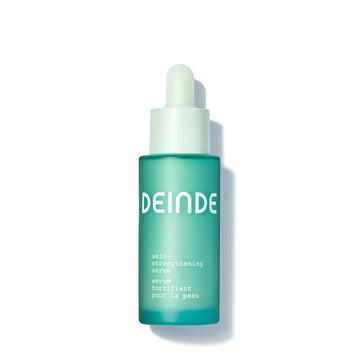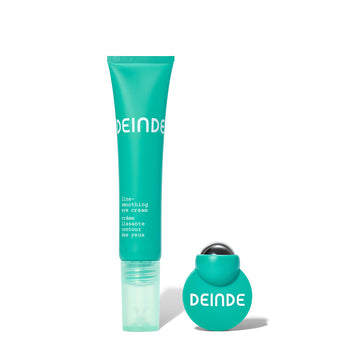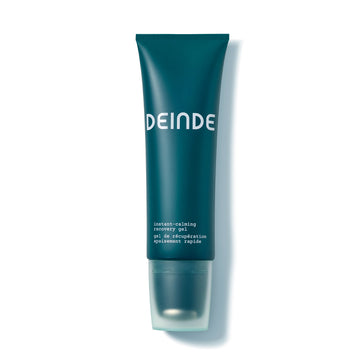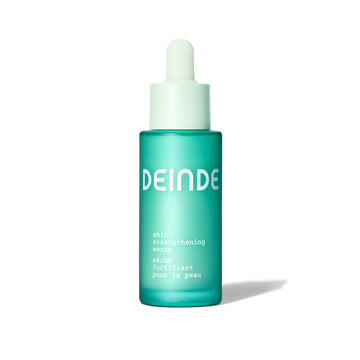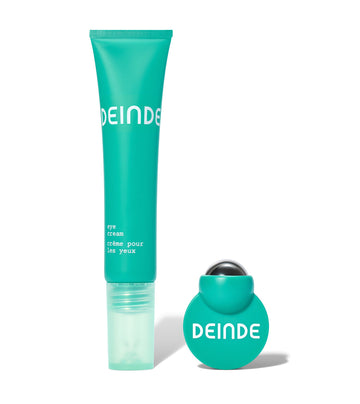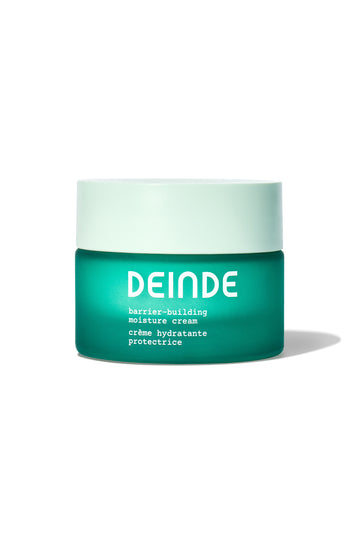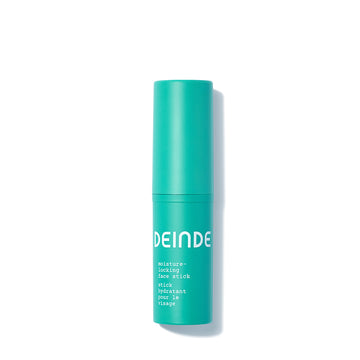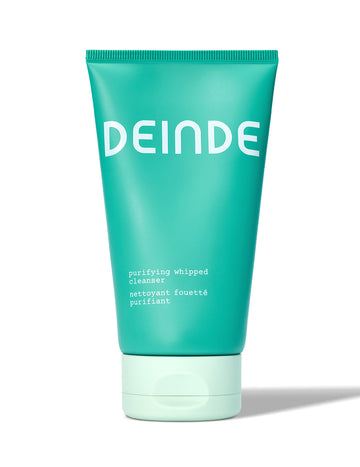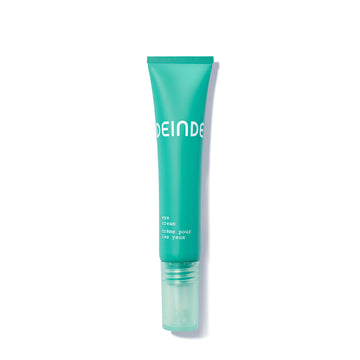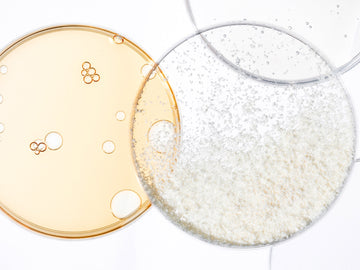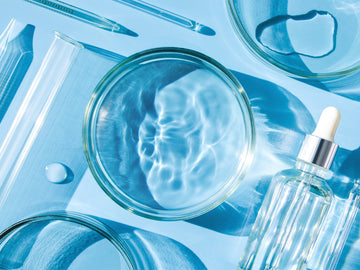
What Is Medical-Grade Skincare? Experts Explain
If you’re constantly on the lookout for the next big thing in skin science, you’ve probably come across the term “medical-grade skincare.” But what is medical-grade skincare exactly, and is it truly a tier above everything else you can find on surrounding shelves?
Spoiler alert: It’s not, and that’s not just our opinion. While the phrase may spark associations with treatments you could get at a dermatologist’s office, experts caution against expecting these topicals to deliver more than what you’re currently using.
To unpack the promises behind medical-grade skincare, we asked dermatologists to weigh in on what it is, why it’s so popular, and what you should look for instead if your ultimate goal is a science-backed skincare routine.
What is medical-grade skincare and why is it so popular?
There’s a reason why you’re starting to see an influx of medical-grade skincare popping up. “With the expansion of the skincare market and inundation of new products, more people are educating themselves about ingredients and formulations,” says Y. Claire Chang, M.D., a board-certified dermatologist at UnionDerm in New York.
According to Dr. Chang, we’re starting to expect our topicals to do more, leading many of us to gravitate toward skincare that sounds more effective, at least on paper. “I believe there has been a rising demand for products that are more ‘science-backed’ and have a higher efficacy, which has drawn consumers to ‘medical-grade’ skincare,” she says.
Morgan Rabach, M.D., a board-certified dermatologist at LM Medical NYC in New York, has also noticed the rising trend. “Medical-grade skincare has become a buzzword in recent years but is for the most part unregulated by the FDA,” she says.
That means there are no set rules for anything labeled “medical-grade skincare,” and you could be looking at a product that’s more or less effective than the one next to it without any medical-grade claims. “It may or may not be formulated for maximum absorption and effectiveness,” says Dr. Rabach.
What’s the difference between cosmetics and drugs in skincare?
There are some skincare products that are regulated by the FDA, but “medical-grade” skincare doesn’t fall under that category.
“Skincare products are categorized as cosmetics or drugs by the FDA, depending on the product’s intended use,” explains Dr. Chang.
The FDA’s website defines cosmetics as products used for “cleansing, beautifying, promoting attractiveness, or altering the appearance, while drugs are products used for “the diagnosis, cure, mitigation, treatment, or prevention of disease” or those that “affect the structure or any function of the body.”
So, what falls under the category of drugs? Sunscreen is the most popular example. The other case would be skincare products with high percentages of certain active ingredients.
Dr. Rabach says regulated ingredients in skincare are usually the ones that would require a prescription “for a medicated active version,” like tretinoin, a prescription-only form of retinoid. Another example is salicylic acid, which at “2% or 4% will have a medical label attached to the product,” she explains.
If you don’t see an FDA drug label attached to your skincare, it means that “the ingredient listed is less than what is deemed medically active,” says Dr. Rabach.
Let’s say you pick up a salicylic acid cleanser containing less than 2% of the ingredient. It doesn’t require a drug label because it’s a cosmetic, not a drug. This is important, says Dr. Chang, because “cosmetics do not require FDA approval before going to the market unless they make drug-like claims.”
What does “medical-grade” skincare actually mean?
Where does “medical-grade” fall in all of this? Firmly in the category of cosmetics, not drugs.
While the term sounds like it would belong in the latter bucket, it can technically be attached to any product. In the best-case scenario, medical-grade skincare can refer to products “formulated with higher concentrations of active ingredients” that are “usually” backed by “clinical research studies supporting the use of these ingredients,” says Dr. Rabach.
But because it’s an unregulated term, none of that is guaranteed.
“It’s a myth because there aren’t necessarily stronger active ingredients compared to what you would find in the over-the-counter options,” explains Dr. Rabach. “Medical grade products are no different necessarily than over-the-counter versions.” While she says there are exceptions to this, brands that label their products this way “do not all have improved clinical efficacy, safety, or effectiveness.”
Dr. Chang agrees that “medical-grade” on its own doesn’t indicate much about a product. “This label is not regulated with specific industry or legal standards,” she says. “Neither the FDA nor other regulatory bodies formally recognize or test products given this label. There are no formal requirements for potency, formulation, testing, or efficacy.”
If you see this term, her advice is to pause before automatically trusting the product based on that label and “look at the ingredients, formulations, and available clinical study data before buying.”
What to look for if you want science-backed skincare
A “medical-grade” descriptor might not be the best indicator of science-backed, high-quality skincare, but there are other things you can look for. Whether you’re looking for hydrating, rejuvenating, anti-aging, or brightening products, there are a few core pillars to keep in mind.
“For those looking to invest in science-backed skincare, look for terms including ‘clinically tested’ and ‘dermatologist-tested’ or ‘dermatologist-formulated,’ meaning the product has been reviewed by skincare experts,” advises Dr. Chang. “Brands that have performed and published peer-reviewed clinical studies showing the efficacy of products are likely more reliable.”
More and more skincare brands are investing in clinical trials, so here’s exactly what that indicates. “Clinical trials are research studies that test how safe and efficacious specific products are,” says Dr. Chang.
“This process also studies potential side effects of these products. Clinical trials add credibility to products because they provide evidence that the product is actually doing what it claims to do. It also gives us an idea of possible side effects to products.”
Our science-driven team conducts clinicals on our entire product line for this exact reason. If you’re ever curious about our clinicals, you can scroll down any of our product pages (like our latest barrier-building moisture cream launch) to see our clinical results and all the details on how we conduct each trial.
Dr. Rabach says she would also “look for clinical studies” when shopping for science-driven skincare. “I think products that have clinical trials associated with them are better than products that don’t,” she says. “However, how the clinical trial is done matters: It should be a large study and inclusive of all skin types.”
Dr. Chang also cautions that clinical trials are more of a jumping-off point than an automatic indicator of efficacy. “The quality and size of the clinical trial are important,” she says. “Independent, peer-reviewed randomized, controlled clinical trials with a large number of patients are more credible than smaller studies that are funded by the brand. However, these types of trials take a lot of time and money and are often lacking for many skincare products.”
The final piece both dermatologists advise paying attention to is the concentration of ingredients in your skincare. “Sunscreens, retinols, peptides, hyaluronic acid—you should know the percentage of active ingredients if possible,” says Dr. Rabach. Remember that higher doesn’t always mean better: Certain ingredients like vitamin C can cause sensitivity at higher percentages.
One note: None of this means you have to write off medical-grade skincare entirely or start examining your skincare with a suspicious eye. If your current lineup is working well for your skin concerns, like fine lines, hyperpigmentation, or sun damage, there’s nothing wrong with keeping those products in your skincare regimen.
Some products might be called medical-grade and also be developed by dermatologists or come with accompanying clinical data. And at the end of the day, skincare is also about using whatever you personally enjoy. So stock your bathroom cabinet with the things that work for you. Just be aware of the nuance and know that it never hurts to look at a label twice.
Sources:
Is It a Cosmetic, a Drug, or Both? (Or Is It Soap?) | FDA
How Active Ingredients Act on Skin | Northwestern Medicine
What are Skin Care Clinical Trials | Denova Research
Small Businesses & Homemade Cosmetics: Fact Sheet | FDA.
Meet the Experts
Claire Chang, M.D. is a board-certified and fellowship-trained cosmetic dermatologist at UnionDerm in New York. She specializes in cutaneous laser treatments, facial and body contouring, and injectable treatments. Dr. Chang is an expert in skin of color and Asian beauty trends, and she frequently travels back and forth from Asia to bring the latest cosmetic trends to her patients. She has published numerous articles in peer-reviewed journals, written multiple dermatology book chapters, and presented her research at several national dermatology meetings. She is a member of the American Academy of Dermatology, American Society of Dermatologic Surgery, American Society for Laser Medicine and Surgery, and the Women’s Dermatologic Society. She also serves as a clinical instructor of dermatology at the Mount Sinai Medical Center.
Morgan Rabach, M.D., is a board-certified dermatologist and media expert with hundreds of opinion articles on skincare and the use of injectable cosmetic procedures. Dr. Rabach is known for her expertise in cutting-edge techniques for botox and fillers and the savvy use of skin products. Additionally, she deeply enjoys helping people eliminate acne scarring. Dr. Rabach is ranked “#1 dermatologist” in NYC by RateMDs, featured as a “Superdoctors” in NYTimes Magazine for the last five years, granted “TopDoctor” designation by Real Self and is an advisor for Gerson Lehrman Group and Guidepoint Global. In addition to her private practice, she is a Clinical Assistant professor of Dermatology at The Icahn School of Medicine at Mount Sinai Hospital. She graduated from Brown University with Honors in Biology, earned her medical degree from New York University School of Medicine, and completed her medical internship at Yale New Haven Hospital and her dermatology residency at SUNY Downstate Medical Center where she served as chief resident.


